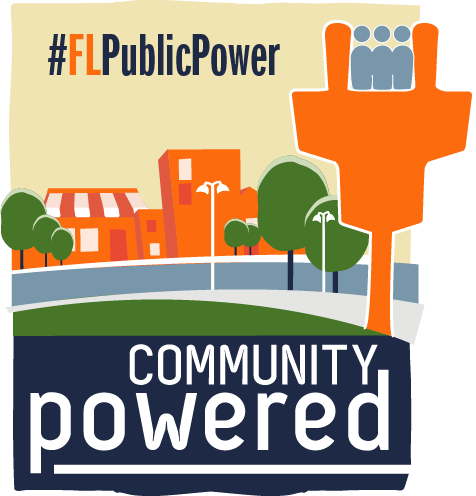Keep Connected Event
Signature Events
Other Events & GROUPS
Board of Directors:
Meets three times per year and is charged with overseeing FMEA policy and direction.
Legislative & Regulatory:
Meets on an as-needed basis, generally two or three times a year, and oversees the legislative and regulatory activities of FMEA.
Safety and Training:
Meets quarterly and consists of representatives charged with safely operating their local electric utilities, including safety coordinators and directors.
Customer Connections:
Meets bi-annually and consists of representatives working directly with customers: customer service, key accounts, energy conservation,demand-side management, and public relations.
Engineering & Operations:
Shares information and meets as needed; includes representatives working in operations, primarily transmission and distribution.
Energy Auditors:
Meets bi-annually and consists of account managers, conservation specialists, energy analysts, electric technicians, and energy auditors.
Renewables & Efficiency:
Shares information on effective utility renewable energy and energy efficiency programs, as well as discusses public policy issues.
GIS:
Meets as needed and consists of geographic information systems operators, technicians, managers, administrators, as well as electric service planners.
Key Accounts:
Meets bi-annually; includes account executives, commercial services managers, key accounts representatives and managers, customer service managers, and commercial account representatives.
Industry Communicators:
Meets bi-annually and consists of communications professionals whose role is to share information and build engagement between utilities and their communities.
Administrative Professionals:
Meets bi-annually to share best practices and emerging issues for administrative support personnel across all utility departments.
Mutual Aid:
Consists of representatives available 24/7 to: 1) discuss needs of the electric utility after a storm or other emergencies, and 2) provide assistance --work crews, equipment and supplies-- to other cities/utilities after an emergency.
 Enter your email address in the
Enter your email address in the 